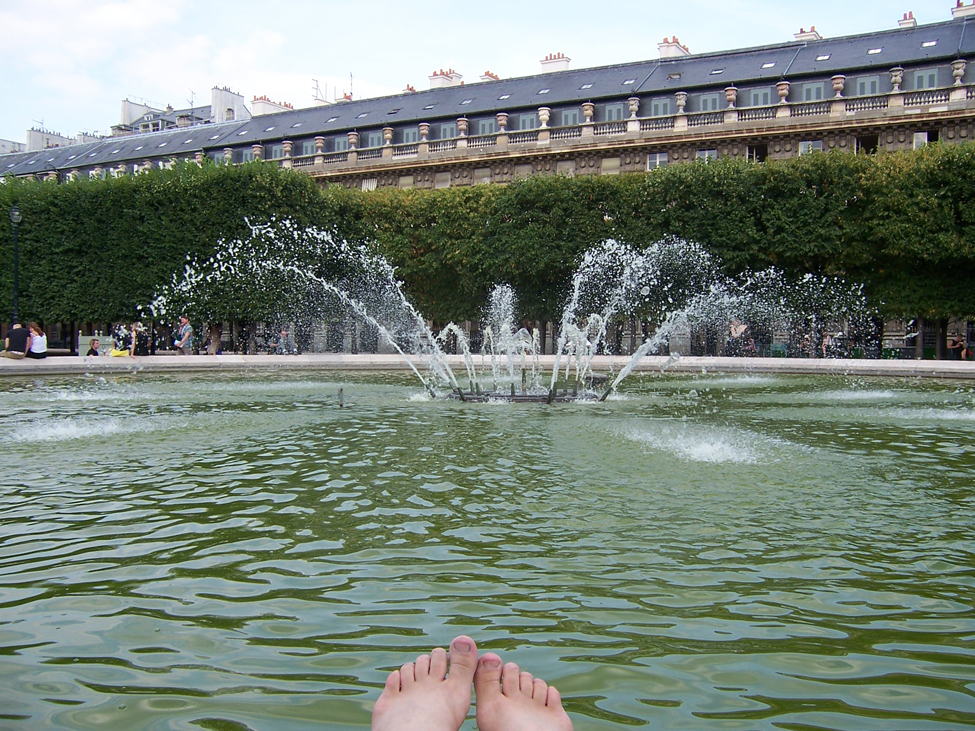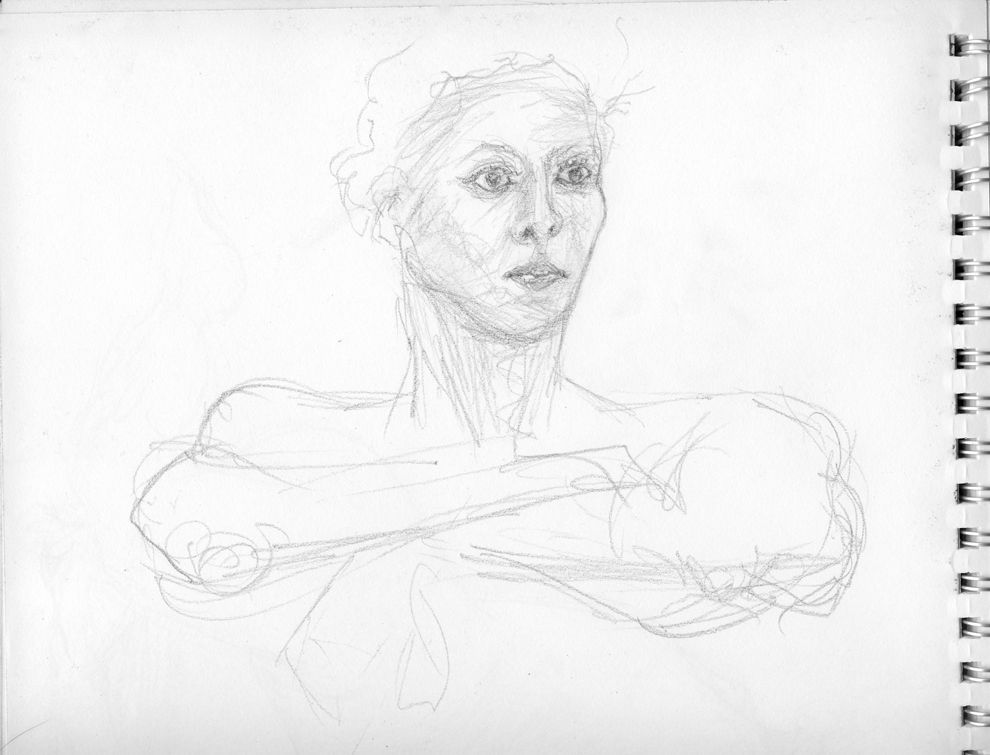XLI
I don’t have time to be busy.
Assisted Twister.
Practice makes practice.
The city is, and has always been, my teacher. But my teacher is turning into a zombie.
It seems to me that the great and persistent delusion of NYC is that our position as the target of so much projective wealth, somehow makes us the all-powerful initiating force – when in fact the city is being radically reshaped by an ensemble of much larger external forces of which we have little or no awareness. We are, therefore, unable to confront reality, or harmonize with it, because our delusion bars us from perceiving it, or distorts our ability to calculate threats. Nor are we any more aware of our city’s own “internal” disposition, much less our history and present circumstances. Under such conditions, our fate is be determined – inexplicably! – by that which we cannot, or will not see.
If S. turned out to be P.
Would you be free?
If Saul turned out to be Paul
Would we answer to the caul?
Of the wilde?
Or crawl
toward that mile mall
praying never
to be
born
?
Riding in the bike lane, against the green, Hidden Master spots a shape, somewhere between an X and an H, on the green pavement. He dismounts, picks up and examines: a brick-brown plastic spool wound with fishing line. Two arms of the X-H bear a tiny, raised Chinese character.
Hidden Master pockets the tool in anticipation of kite-flying. Hidden Master knows Chinese (like the back of his hand), but he has, for the time being, hidden it, so he seeks out Goldenthal to interpret for him. Goldenthal, at this hour habitually squats by the river bank trying to seize carp with his eager fingers, but the fish play with him, sometimes allowing him to brush their tails before eluding his grasp.
Hah! – no Goldenthal. Hidden Master heads for the Circle Square where an invisible – to him – woodpecker works the dead trunk of a locust tree, branches still festooned with last fall’s spiral pods.
And if the incitatory moment passes, Hidden Master thinks, what then?
Wait another cycle says the woodpecker, then resumes his work.
Hidden Master sits down, wakes up, and smells the sewage. And Manetta. And cherry blossoms. And the hot dog breath of Circe Circle Girl gone suddenly vegan in the bold spring son.
Circumflex Circe
Circumscribe
Belly up and
Circumlocute
Supple Circe’s
Spinous process
Cize matters
as does circumstance
Subtle Circe
encircles, permits
encirclement
practices circumspection
works her loom
makes you immortal
if you breathe her in
then let her go
If not, she’ll have you woodpecking in the turn of a feather
Amidst the spiral seed pods
twisting in her father’s rays
Circa dea
Those which are in control of myriad things are the heart and mind. The mind has recall which is spoken of as thought [Yi]. Thought is that which, when kept, is spoken of as will [Zhi]. From will and that which is kept and changed is spoken of as consideration. From consideration of distant longings comes planning. From planning, to managing of myriad things, is that which is spoken of as wisdom.
So says the Ling Shu, or Spiritual Pivot, Divine Pivot, Numinous Pivot, a section of the Huangdi Neijing, [Yellow Emperor’s Internal Canon] compiled in the 1st century, likely from earlier sources.
And this, you keep for consideration:
A very bracing scene at the Metropolitan Museum café, the one adjacent to the sculpture court of the American Wing. Here, on April 13, 2014 at approximately you repaired with Katie for the purposes of having a coffee and drawing statues.
Directly behind you three or four tables had been pulled together and these were occupied by perhaps a dozen Chinese, who were, as it turned out, potential real estate investors visiting New York as well as a pair of white guys, white-haired senior and perky junior, acting as advisors to the former group.
Throughout the course of your coffee-ing and drawing, you overheard the discourse emanating from the neighboring tables. It consisted mainly of Sr. and Jr. white guy fielding questions and explicating, in their way, the Dao of New York Development one-oh-one.
The Chinese were a mixed bag, age and gender-wise – mostly men – and only a few took active part in the conversation. The majority sat there looking vaguely uncomfortable, borderline glum – their energy definitely not engaged. They seemed, overall, to be present under protest.
Note: not one member of the party consumed any beverages or food. There was nothing, nothing, comestible or potable on their tables.
So… the white guys laid out various investment scenarios: residential and hotel, projected construction costs, financing arrangements. Like a butterfly, flitting out of the blah blah, and alighting in your ear came the pull quote du jour courtesy Jr. lo fan:
“You can put up a rental building, fill it – throw ‘em all out after ten years, remodel and charge twice as much.”
This delivered, and translated into Mandarin by the Chinese fellow serving as interpreter, in an extremely laconic fashion. In fact, at no time during the hour or so you sat drawing, did you hear any hint of excitement or animation in any of the participants’ voices. The closest thing to an emotion manifest was the slight irritation that would creep in to Jr.’s “I’ll have to get back to you on that,” responses when he could not immediately provide an answer to a precisely-phrased question.
It has been nigh onto fifty years, forty-something at any rate, since you read Arendt’s Banality of Evil, but nonetheless, you were struck by the resonance between what you heard while drawing and the text internalized once-upon: both Eichmann’s extreme dispassion in relating transport arrangements for his subjects, and also the uninflected tone of the depositions you read in a book published shortly after Eichmann’s kidnapping.
“And what happened at that time?”
“We were sent on burial detail. Except for Leah who had been beaten by the guards for stealing a carrot.”
A system, set in motion, with whatever species of intent, but now running on its own, plowing itself and everything in its sphere of attraction into the warm, receiving earth and spiraling its vapors up into the wide and careless sky.
Yes, they discussed possible “air rights” too.
If I write you a letter, for example, I am trying to tell you something or ask you something – whatever the message, it can be, finally, only myself, hoping to be delivered. If I speak to you, I want you to hear me – to hear me – and to see me. Speech and language, however ceremonious, complex and convoluted, are a way of revealing one’s nakedness; and this revelation is, really our only human hope. But this hope is strangled if one, or both of us is lying.
Wrote Baldwin in Evidence…
Mene mene tekel upharsin, baby.
Style is not structure. Wherefore New York should look in the mirror less, and attend to its method.
The blonde leading the blonde.
What is the distinction, O Hidden Master, between a protégé and a proto-gay?
The implications of the reversal of the Five Powers are truly extraordinary. The process of Jing [the material basis for the physical body] being expended to generate Qi/Breath in order to foster Shen [spirit] is now reversed to the pre-birth state, where Shen guides Qi/Breath to generate Jing. Jing is then replenished and stabilized.
This in Bisio’s Decoding the Dao.
In other words, it is possible for the seemingly unrenewable resource, to be re-sourced.
On the street, you pass a woman and man, thirty-something, some variant on white, but otherwise non-descript.
He: “I really didn’t like the zombie book.”
She: “Why?”
Evening and the Empire State Building’s upper stories cycle through a razzle-dazzle lightshow frantic enough to trigger convulsions in those so disposed. Somehow, someone somewhere decided that the majesty of the structure isn’t enough. Or perhaps it’s too much – an attention deficit skyline being the only defense against the reality, the vulnerability, of our towers.
More and more, we live camouflaged from ourselves, unable to coordinate our position on our own rangefinders. Problem is, it only fools us. But then, perhaps that’s the point: we’ve always been our own worst enemy. We have little to fear but us, ourselves.
And then, there’s Mencius. And the debates in Mencius:
The philosopher Kâo [Gaozi] said, “Man’s nature is like a ch’î [qi] willow, and righteousness is like a cup or bowl. The fashioning of benevolence and righteousness out of man’s nature is like the making of cups and bowls from the ch’î [qi] willow.”
Mencius replied, “Can you, leaving untouched the nature of the willow, make with it cups and bowls? You must do violence and injury to the willow, before you can make cups and bowls with it. If you must do violence and injury to the willow in order to make cups and bowls with it, on your principles you must in the same way do violence and injury to humanity in order to fashion from it benevolence and righteousness! Your words, alas! would certainly lead all men to reckon benevolence and righteousness to be calamities.”
A further interchange begins with the speaker saying that human nature is like whirling water: if an outlet is opened for it to the east, it flows to the east, and if an outlet is opened for it to the west, it flows to the west; human nature is as indifferent to good and evil as water is indifferent to east or west. Mencius takes up the comparison using his own terms. While the water is indeed indifferent to east or west, it is not so in relation to high and low: human nature tends toward good, must as water seeks low ground. Certainly water can be made to move upward, but this is contrary to its nature; when man is mad to do what is not good, his nature has been treated likewise. [from Jullien, Detour and Access]
“What we take life to be,” says Baldwin, “is what our lives become.”
Chacun à son texte.
Our forebears were subject to the most marvelous hallucinations, wherefore the came to discover the world as it is. And learned that reality is no respecter of persons. And that stealing can be hard work.
“I’ll buy what I can, and blow up what I can’t,” said German espionage agent Franz von Rintelen (author of the 1916 Black Tom munitions depot explosion) to his superiors as he prepared to launch a covert ops campaign on the U.S. of A. in 1915. But irrespective of context, are his words not, distilled to an essence, the operative will of the age itself?


